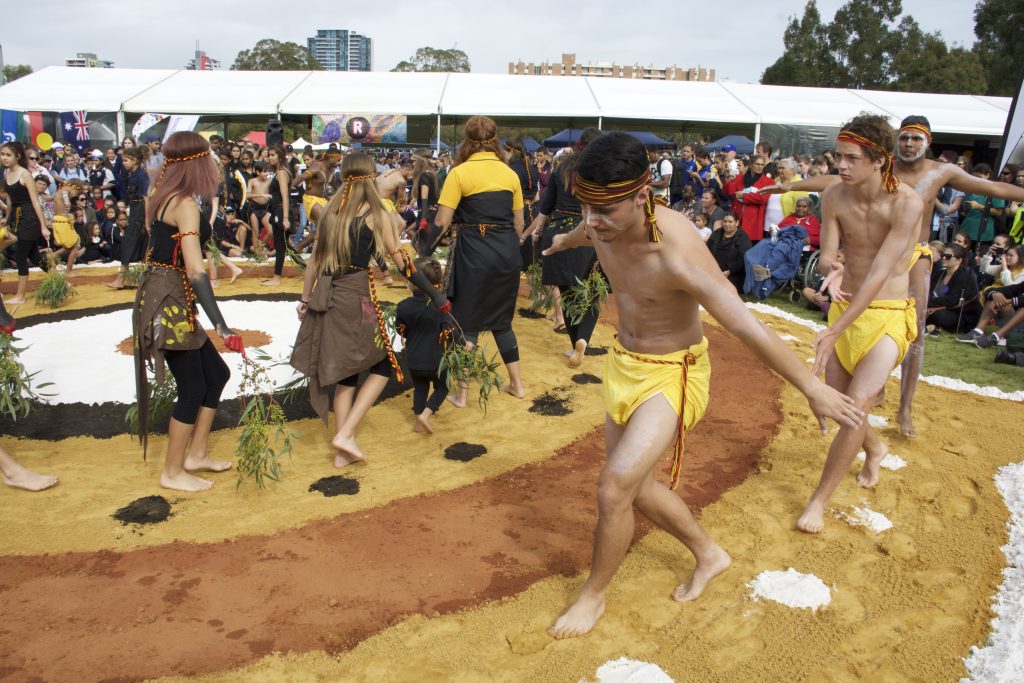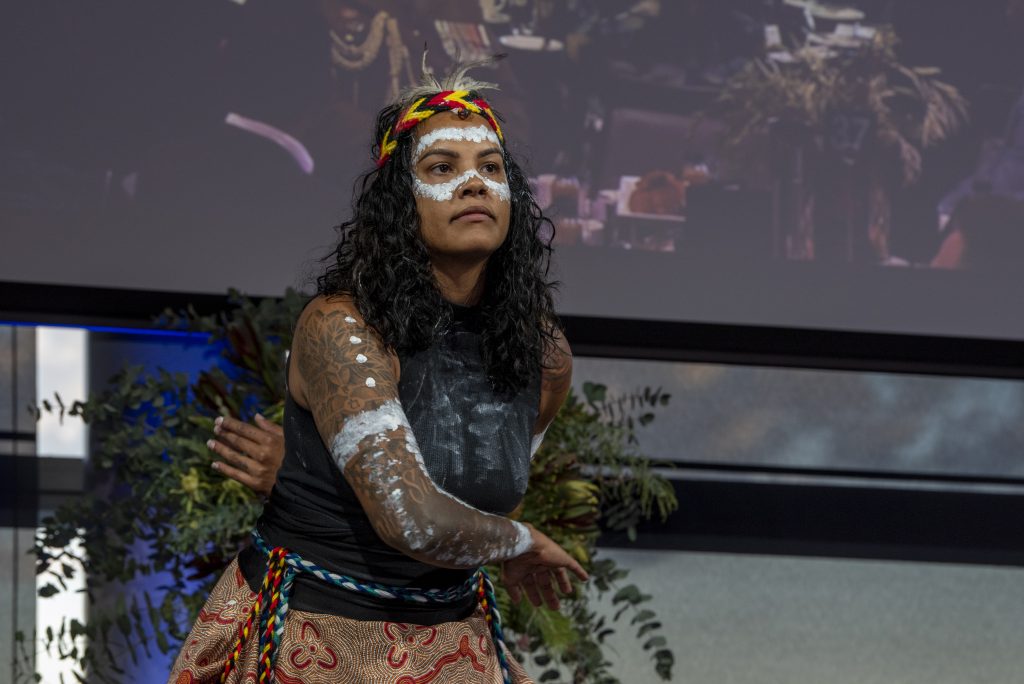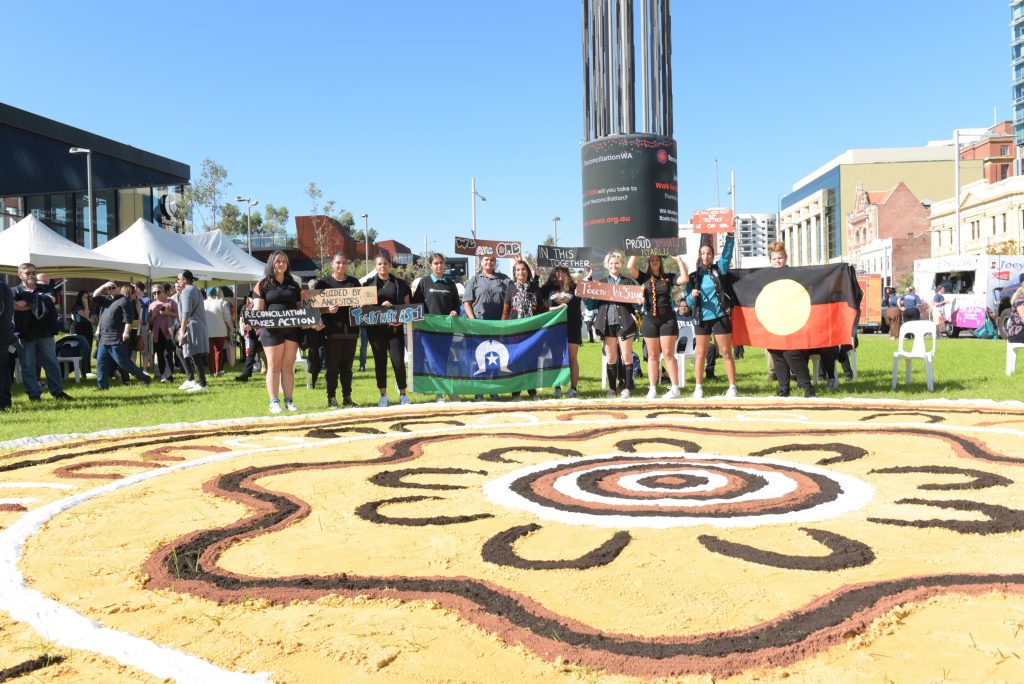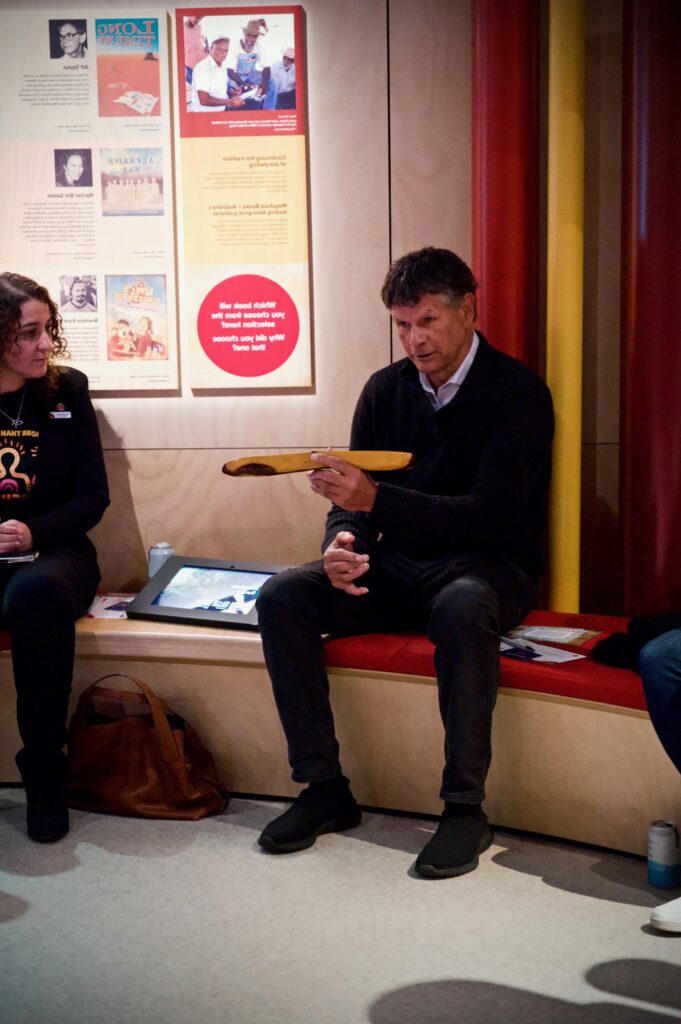
What is National Reconciliation Week?
National Reconciliation Week (NRW) is a time for all Australians to learn about our shared histories, cultures, and achievements, and to explore how each of us can contribute to achieving reconciliation in Australia. More information on this year’s NRW events can be found here.
The dates for NRW are the same each year; 27 May to 3 June.
These dates commemorate two significant milestones in the reconciliation journey— the successful 1967 referendum, and the High Court Mabo decision respectively.
Reconciliation must live in the hearts, minds and actions of all Australians as we move forward, creating a nation strengthened by respectful relationships between the wider Australian community, and Aboriginal and Torres Strait Islander peoples.
27 May 1967
On this day, Australia’s most successful referendum saw more than 90 per cent of Australians vote to give the Australian Government power to make laws for Aboriginal and Torres Strait Islander people and recognise them in the Census.
3 June 1992
On this day, the Australian High Court delivered the Mabo decision, the culmination of Eddie Koiki Mabo’s challenge to the legal fiction of ‘terra nullius’ (land belonging to no one) and leading to the legal recognition of Aboriginal and Torres Strait Islander peoples as the Traditional Owners and Custodians of lands. This decision paved the way for Native Title.

Why is National Reconciliation Week important?
National Reconciliation Week provides a focus for working towards our goal of a reconciled Australia.
National Reconciliation Week is a time for all Australians to learn about our shared histories, cultures, and achievements, and to explore how each of us can contribute to achieving reconciliation in Australia.
Reconciliation is everyone’s business. Reconciliation must live in the hearts, minds and actions of all Australians as we move forward, creating a nation strengthened by respectful relationships between the wider Australian community, and Aboriginal and Torres Strait Islander peoples.

Who organises National Reconciliation Week?
NRW is led by Reconciliation Australia.
Reconciliation Australia is the national organisation responsible for building and promoting reconciliation between Aboriginal and Torres Strait Islander peoples and other Australians. Reconciliation Australia creates a theme for National Reconciliation Week each year.
Reconciliation WA works with Reconciliation Australia and the other State reconciliation peak bodies to lead National Reconciliation Week activities in Western Australia. Thousands of workplaces, schools, early learning services, universities, councils, and more organise their own private or public activities for National Reconciliation Week.
National Reconciliation Week in WA
National Reconciliation Week Virtual Breakfast
The NRW Breakfast is one of our flagship events each NRW. We bring together the reconciliation community to explore the NRW theme and highlight key reconciliation milestones in Western Australia.
Reconciliation WA launched the NRW Virtual Breakfast in 2022. For the first time, we reached out across the regions and invited everyone to join us virtually in Boorloo (Perth), and supported organisations, families, community groups and individuals to create their own NRW Breakfast events and join us online. We aim to reach One Million Western Australians to the NRW Virtual Breakfast in 2023.
National Reconciliation Week Yarning Circles
Our NRW Yarning Circles have become a staple in our NRW program. Co-facilitated by an Aboriginal person and a reconciliation ally, the Yarning Circles guide attendees through a yarn on reconciliation and the NRW theme.
We launched our online Yarning Circle stream in 2022, creating an entry point for people all across Western Australia to join in on the conversation.
Walk for Reconciliation
Each year, we invite the WA community to join us on the Walk for Reconciliation. Together, we unite to publicly demonstrate support and solidarity towards a shared future which celebrated the special place, culture and contribution of Aboriginal Peoples to Australia.
In 2022, we launched a new format for the Walk, focusing on cultural learning, truth telling, and reflection on the beautiful boodja (Country) of Kaarta Koomba (Kings Park).

